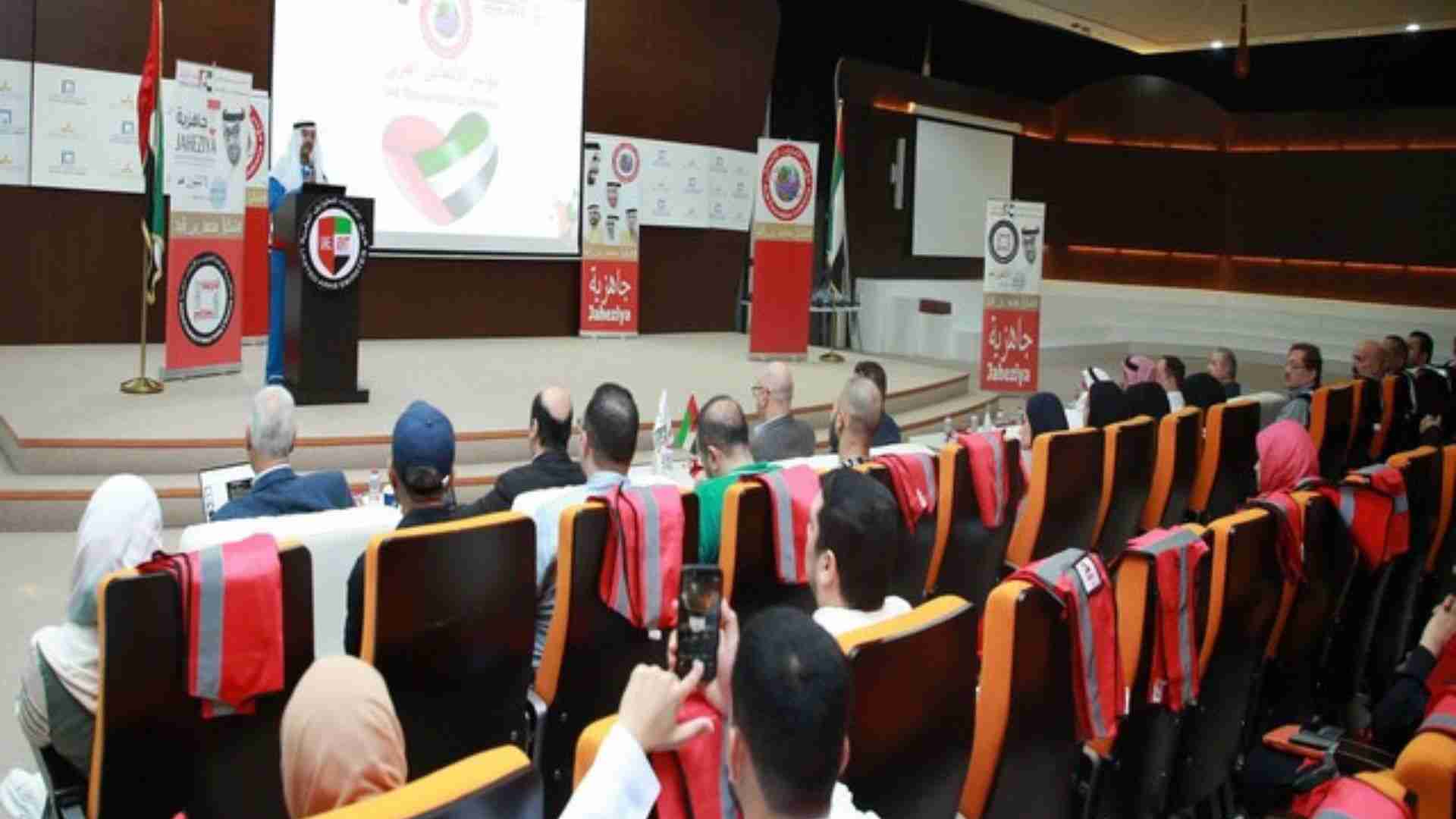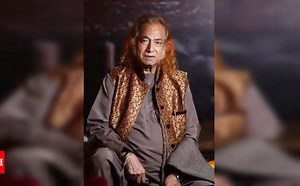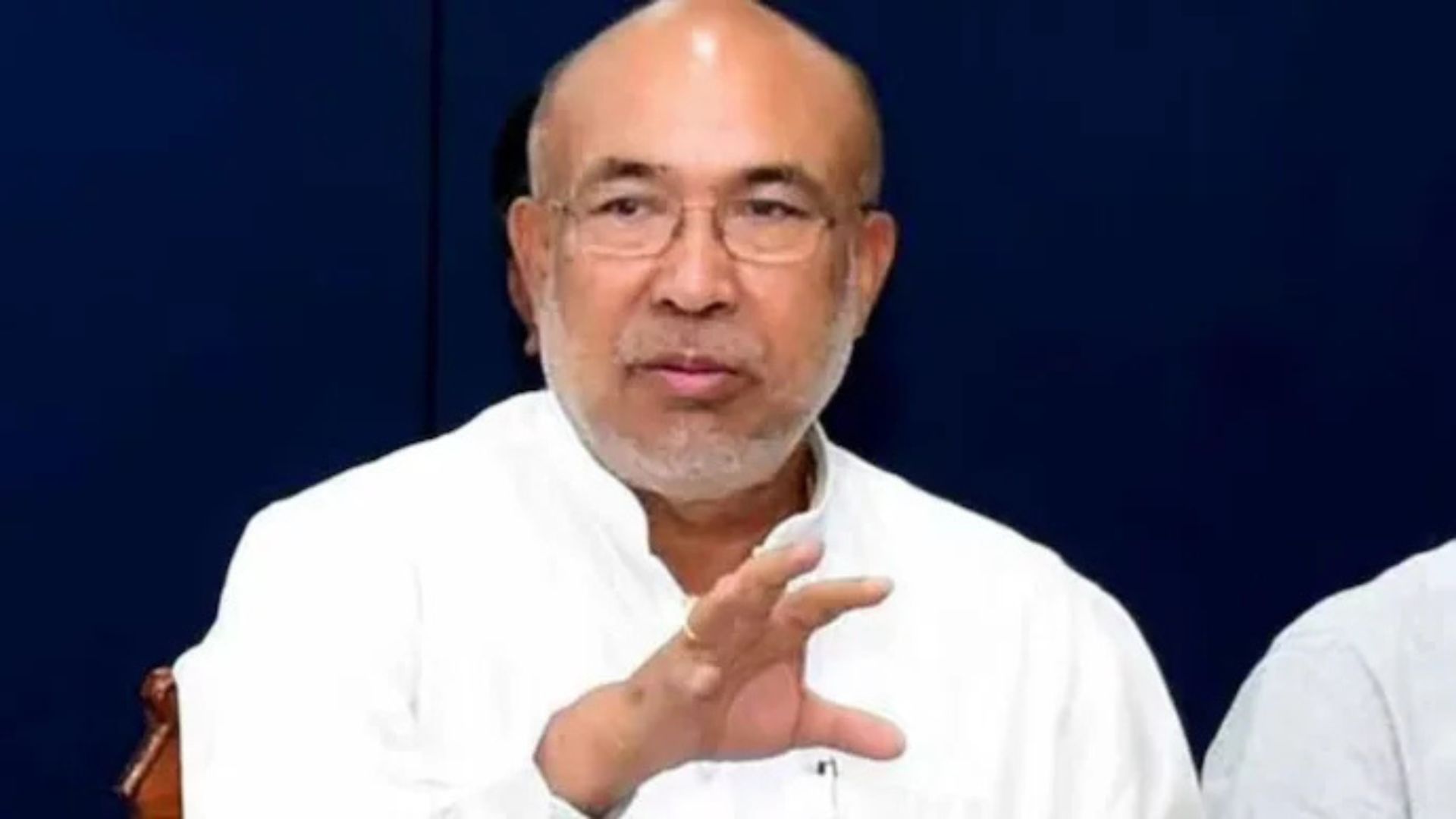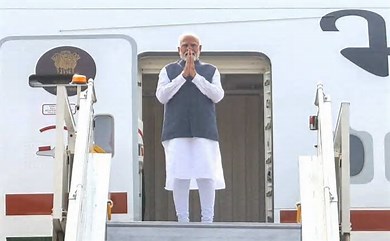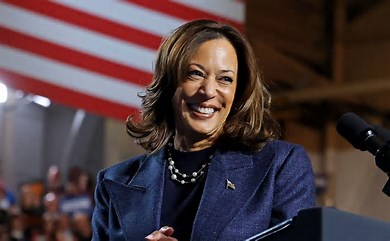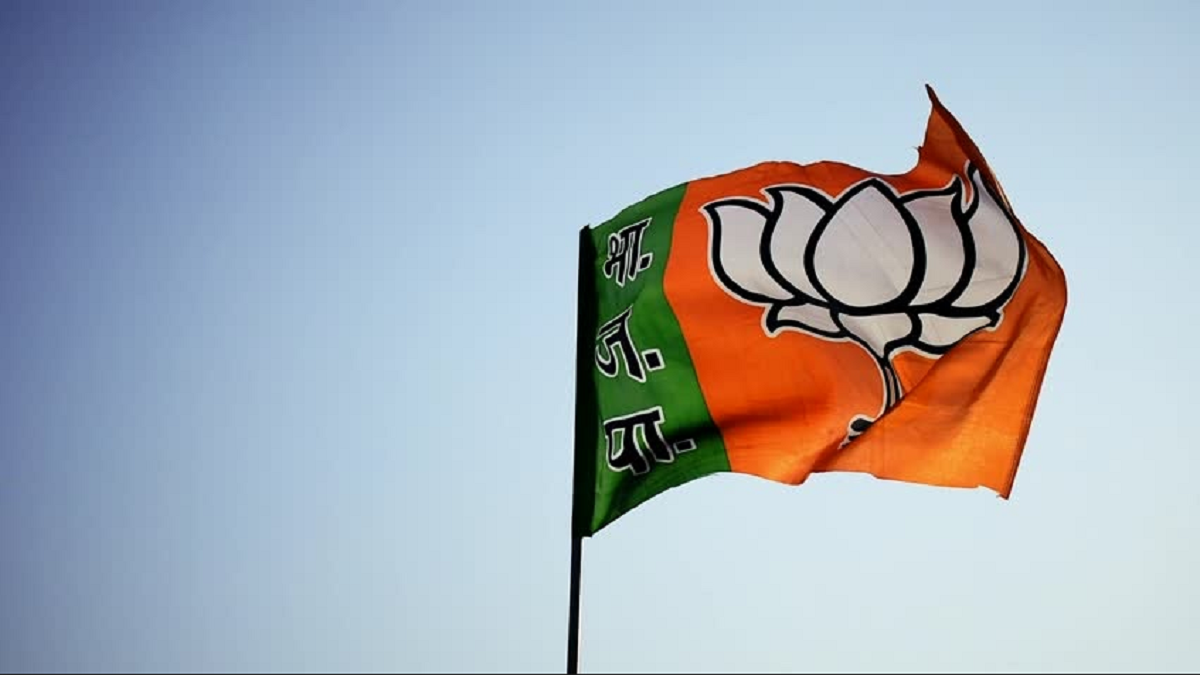
It is extremely difficult for political parties to challenge the BJP’s political hegemony unless they jettison their old ways and discover new methods to give vent to nationalist resurgence. Union Minister Amit Shah’s statement that the BJP needs to stay in power for another 30-40 years for setting things right should not be taken lightly.
The BJP will use the time to end dynastic politics, casteism and the politics of appeasement. Shah, while addressing the BJP’s national executive meeting in Hyderabad over the weekend, described these as the “greatest sins” and the reason behind the country’s suffering. The target of the party would be “fulfilment” and not appeasement as exhorted by Prime Minister Narendra Modi.
The party’s national executive outlined the parameters of its ideological affront on opposition parties. The BJP’s focus is clearly going to be to expose these parties and push forward its agenda of development and good governance. In that sense, the BJP is trying to give a tectonic shift to Indian politics that sank to a new low due to caste or communal divide or dynastic rule.
A country where more than 65% voters fall in the category of youth, this agenda is going to find a strong resonance. A youth is supposed to be rebellious and opposed to caste and communal divide. He is also supposed to champion an open system where all avenues are open to him, including politics. He does not mind private individuals passing on their heritage to family, but is strongly opposed when public offices and political parties are passed on to individuals merely because of the links of birth.
This urge of the youths is likely to dismantle dynasty based parties and make the BJP more attractive to them. Politics is not a business that a father wants to pass on to his son or daughter. It is a vocation and a commitment and a means to achieve social, economic and political transformation. Newer people must get a chance to join this process and contribute meaningfully. An ordinary man can question why even foreign educated sons and daughters of these politicians want to join politics. Is it because it is more lucrative than being the CEO of an MNC?
There is a challenge to this from within the BJP as well. It is but natural for a father or a mother to try to pass on the baton to his son or daughter. The Prime Minister is trying to ensure that politics does not become a handmaiden of dynasties. There are occasions, as for example during ticket distribution for the Assembly seats in Uttar Pradesh, where he has put his foot down and taken the risk of alienating important leaders. The challenge in the coming days would be to institutionalise this process so that the party does not suffer due to aspirations of political families. Unless this is done, there is a real danger that in times to come most political representatives would belong to one or the other political families.
Ideological demolition of other parties would not be tough. The Congress is already on a war path due to its failure to respond to the challenges. It cannot even imagine making someone else from outside the dynasty as party president since the person who would become party president would control all Congress assets and would be all powerful. To find a person who would be loyal to the dynasty forever is extremely difficult.
The youth no longer finds the Congress attractive. Its appeasement politics and attempts to divide people to rule have few takers. It has not been able to give an alternative political vision that would be more attractive than that of the BJP. On the plank of nationalism and patriotism, the Congress would not be able to match the BJP. There are few in the Congress who can claim to understand the civilizational and cultural assets of the country.
Let us try to look at the politics of Uttar Pradesh and Bihar. In Uttar Pradesh, every member of the extended family of Mulayam Singh Yadav is in politics, either at the local level or at the level of state legislature or Parliament. It has no ideology except to unite Yadavs and Muslims and a few other castes and somehow come to power. It does not have a national vision. Its other version, the Bahujan Samaj Party (BSP) is suffering due to lack of a democratic structure. It tried caste coalition by asking Brahmins to support the party. Its future looks bleak.
In Bihar, Lalu Prasad Yadav who was a by-product of anti-Emergency movement had to wait for the anti-corruption movement of V.P. Singh to gain prominence. In the company of Singh, he discovered the virtue of becoming the leader of 52% of OBCs. He has used his plank of social awareness to reward each and every member of this family. His family is a classic example that those who fail in all other fields find acceptability in politics due to caste and family clout. The party would collapse due to vaulting ambition of Lalu’s children and failure to respect democratic values.
Jammu and Kashmir has been ruled by two families the Abdullahs and the Muftis. The young crops of politicians from the grassroots are now itching to give a fight to them. People are reaping the benefits of development and they have begun to think beyond these two families. In West Bengal, it is either Ms Mamata Banerji or her nephew. None outside the family would get the prominence. She is already mad at the ideological attack launched by the BJP and cannot think beyond the politics of appeasement. Her politics gets precedence over national security. How long she can hold on to the state as her citadel is the topic of discussion in West Bengal’s political circles.
Dynasty is thriving in politics of Andhra Pradesh and Telangana—the ruling YSR party in Andhra Pradesh and the TRS in Telangana. The challenger Telugu Desam Party is also a dynasty based party. People are realising the dangers of dynasty in politics and Telangana is going to face stiff challenge from the BJP at the next Assembly elections.
We have already seen the ugly face of dynasty politics in Maharashtra. Sharad Pawar of the NCP is busy sorting out the legacy issue. A person of his national stature has not been able to respond on national issues. The Shiv Sena led by Udhav Thackeray may have got the bitter pill of discovery that the followers are unhappy with dynasty politics. Because of his love for chair, he failed to respond to national issues as per the organization’s ideology.
In Tamil Nadu, the DMK is no longer a movement, but a legacy of M. Karunanidhi. His family thrives. The Jharkhand Mukti Morcha runs on legacy of Shibu Soren (Guruji). There is a vacuum for politics based on ideology and democratic values in both. In Odisha, Biju Janata Dal is doing well under 76-year-old Naveen Patnaik. He has been benevolent, non-controversial and people love him. But everyone wants to know how BJD would survive after he becomes inactive.
The BJP’s aspiration to expand to the South and make a strong mark in other states should be seen in this context. The aspirations are not for immediate realization, but building organizations brick by brick so that it is ready to take up the challenge when the time comes. The party works 24-hours and the entire election machinery is in full force whether it is local elections, state level elections or elections to the Lok Sabha.
Amit Shah often says that the BJP with its strong cadre presence should have no problem registering victory year after year. When you have a person like Narendra Modi whom people respect, this is not tough. With its ideology of good governance and a strong nation, the party is slated to get institutionalized as a natural party of being in government. The challenge as of now is none.
The Congress’ appeasement politics has few takers today. In Uttar Pradesh, every member of the extended family of Mulayam Singh Yadav is in politics, either at the local level or at the level of state legislature or Parliament. The future of the Bahujan Samaj Party looks bleak. In Bihar, Lalu Prasad Yadav’s family is a classic example that those who fail in all other fields find acceptability in politics due to caste and family clout. In Jammu and Kashmir, people have begun to think beyond the Abdullahs and Muftis. In Tamil Nadu, the DMK is no longer a movement, but a legacy of M. Karunanidhi. His family thrives. Dynasty is thriving in the politics of Andhra Pradesh and Telangana—the ruling YSR party in Andhra Pradesh and the TRS in Telangana. The Jharkhand Mukti Morcha runs on the legacy of Shibu Soren (Guruji). In Odisha, everyone wants to know how BJD would survive after Naveen Patnaik becomes inactive.

